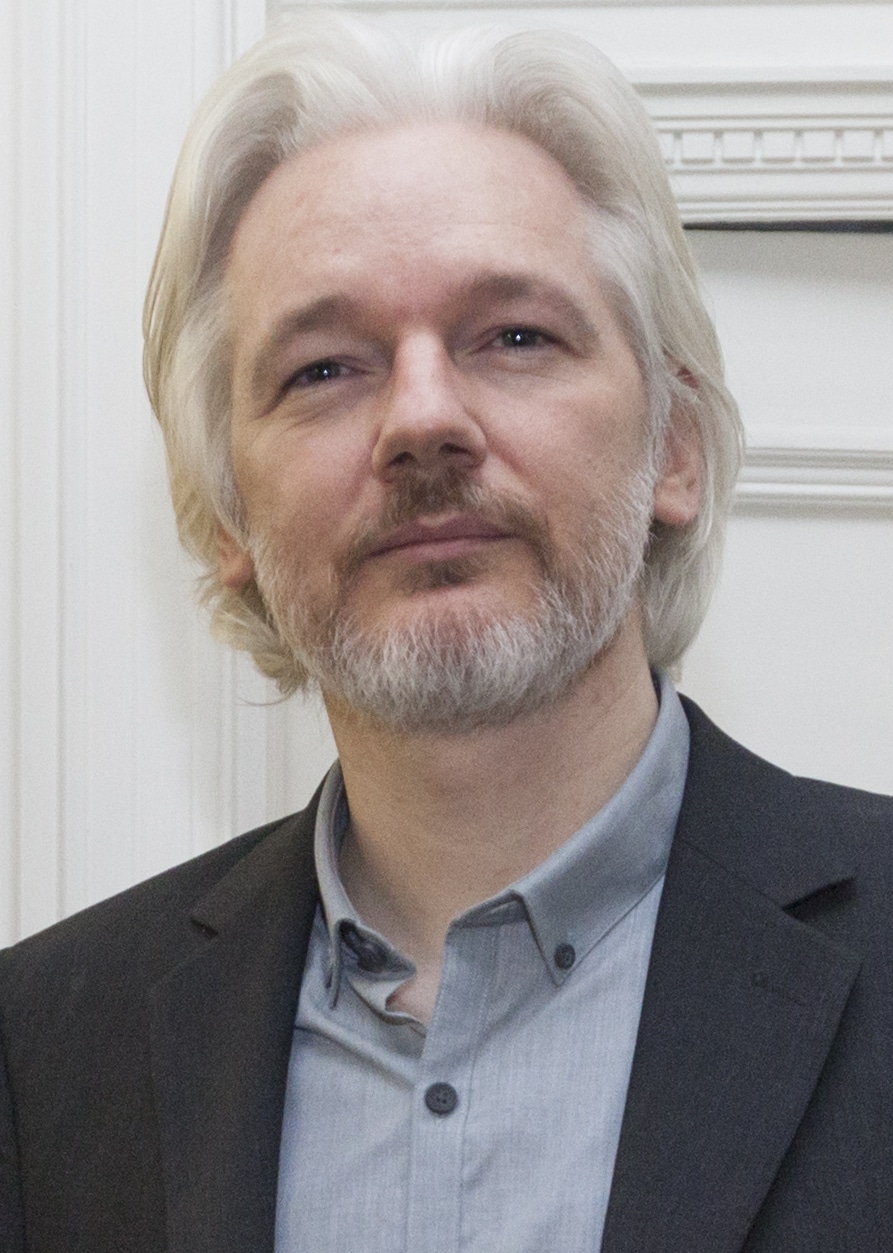Ten years ago, in April 2010, WikiLeaks released the famous ‘Collateral Murder’ video, shot from an Apache helicopter gun-sight above Baghdad, depicting an attack with 30mm cannon fire which killed over a dozen people – including two Reuters journalists and which seriously injured two young children. The disturbing questions which this video raised amongst thousands of other documents released by Bradley (now Chelsea) Manning dominated the headlines of newspapers around the world for months, including here in the United Kingdom. Diplomatic cables released by whistleblowers through Wikileaks revealed that the US was spying on the UN, security council members and EU leaders, had recorded 66,000 civilian deaths in Iraq and was conducting secret drone strikes and assassinations in Yemen, Afghanistan and Somalia. Other leaks revealing corruption and the opulent lifestyle of Arab leaders such as of Tunisian president Zine al-Abidine Ben Ali are thought to have contributed to the Arab Spring.
Those same newspapers which drew on the Wikileaks revelations and which obsessively covered the allegations of sexual assault against Julian Assange and his efforts to evade extradition to the US by seeking sanctuary in the Ecuadorian Embassy are far quieter today as he faces the prospect of rotting in a US jail. They have been strangely reticent to cover the extradition proceedings which have been conducted without a jury, behind thick bullet proof glass so that Assange cannot hear or be heard properly and separated from his legal team.
Do a Google search for The UN’s Special Rapporteur on torture, Nils Melzer’s report on the imprisoned Wikileaks founder and you have to dig deep to find any newspaper or broadcast coverage. The report found that Assange showed “all the symptoms typical for prolonged exposure to psychological torture” and demanding immediate measures for the protection of his health and dignity. Assange remains in solitary confinement in a top security prison and is handcuffed and strip-searched repeatedly on his way to and from court. But if you have been relying for your news on The Guardian, the BBC or other mainstream media outlets in the UK you are unlikely to have seen that.
I believe that we are witnessing here a deeply fearful media afraid to properly report a fundamental attack on media freedom. This case against the world’s most prominent ally of whistleblowers will set a dangerous precedent moving forward. The mainstream media’s lack of reporting of the Julian Assange trial is nothing short of shameful and will stain our society for generations.
Five weeks ago, Mr Assange was brought from the high-security Belmarsh prison to Woolwich Crown Court in London where his extradition trial would take place. If approved, he (an Australian citizen) will be taken to the United States where they intend to try him for 18 charges against the 1917 Espionage Act, which totals a maximum sentence of 175 years in prison.
The mainstream media were scarce (at best) in their reporting, with The Guardian producing only 5 articles across the duration of the trial. Similarly, the Telegraph and The Times produced just 3 pieces. Publishing the bare minimum for a case that warrants global attention. In comparison, The Telegraph published 19 articles throughout the duration of the recent Alex Salmond trial. When Judge Vanessa Baraitser that announced that Mr Assange’s trial would be suspended until May the coverage of the story completely ceased, until it was announced that Chelsea Manning would be released from prison.
Not one of the above publications mentioned the post-trial response of the supporters outside, some of whom had camped outside Woolwich Crown Court for days. Or those who opposed the trial on a global sphere, such as Reporters Without Borders and the Catalonian government, who called the attempted subduing of Mr Assange “lawfare: the continuation of war by using legal systems”. These same publications have had no problem with publishing the content from Wikileaks, but have been nearly silent throughout the timeline of the Julian Assange trial.
If you had gone to the mainstream media to follow the trial, you would have been disappointed. So, I looked elsewhere, the most accurate, concise and current information came from the daily reports of former Ambassador & activist Craig Murray, who was in the gallery in Woolwich and from the Twitter accounts of John Pilger, Mark Curtis, Declassified UK and the Defend Assange Campaign. Those who were on the ground created and continued to update the community concerned with the welfare of Mr Assange, the crimes he was being charged for and the tone that this would set.
We are at a point of national crisis, and although the extradition trial is adjourned until May 18th, now is the time to truly understand the seriousness of this case and question why the UK mainstream media chose to barely report this moment in history. Because that is what this is. Generations will look back at this time and ask us, what did you do? Why were you silent? Because this trial sets the tone for which the American government can prosecute, not only investigative journalists, but journalism and the freedom of the press on which democracy depends.
Maya Parchment
with David McQueen













Nice read, I just passed this onto a friend who was doing a little research on that. And he just bought me lunch because I found it for him smile Thus let me rephrase that: Thank you for lunch! “Dreams are real while they last. Can we say more of life” by Henry Havelock Ellis.
Hi, just required you to know I he added your site to my Google bookmarks due to your layout. But seriously, I believe your internet site has 1 in the freshest theme I??ve came across. It extremely helps make reading your blog significantly easier.
Your house is valueble for me. Thanks!…
I really appreciate this post. I have been looking everywhere for this! Thank goodness I found it on Bing. You have made my day! Thank you again
Great V I should certainly pronounce, impressed with your web site. I had no trouble navigating through all tabs as well as related information ended up being truly easy to do to access. I recently found what I hoped for before you know it in the least. Quite unusual. Is likely to appreciate it for those who add forums or something, site theme . a tones way for your client to communicate. Nice task..